- Phone: +91 94800 58379
- Mon-Sun 24/7
- contact.sanyrahospital@gmail.com


Kidney Cancer

Kidney cancer, also known as renal cancer, is a group of cancers originating in the kidney and causing symptoms like blood in the urine, abdominal lumps, back pain, fever, weight loss, and tiredness. It can spread to the lungs or brain. Risk factors for RCC and TCC include smoking, certain pain medications, previous bladder cancer, being overweight, high blood pressure, chemicals, and family history. Wilms’ tumor risk factors include family history and certain genetic disorders. Kidney cancer affects 403,300 people globally, with a 75% five-year survival rate in the US, 71% in Canada, 70% in China, and 60% in Europe. Treatment options include surgery, radiation, chemotherapy, immunotherapy, and targeted therapy.
Kidney cancer risk factors include smoking, high blood pressure, obesity, faulty genes, family history, dialysis, hepatitis C infection, and previous treatment. Smoking causes 25-30% of kidney cancer, with cessation significantly reducing risk after 10 years.
Over half of the kidney masses are found by chance, often during generic screening or a doctor’s diagnosis. If a doctor suspects kidney problems, they may refer the patient to a urologist specializing in the urinary system. There are no routine laboratory tests for kidney masses, but healthcare providers may use various tests to understand the kidneys. These tests include a physical exam, a basic metabolic panel (CMP), a complete blood count, urinalysis, serum creatinine levels, ultrasound, CT scans and MRIs, bone scans and chest x-rays, and a kidney mass biopsy to determine the type of tumour. These tests help healthcare providers understand the kidneys and their function, ultimately helping to diagnose and treat kidney masses.
Treatment of kidney masses aims to cure cancer and protect kidney function, particularly for those with only one kidney or other kidney disease. Surgery may be necessary for some patients, while others may not require it. A biopsy may be advised to determine the tumour’s potential aggressiveness. Doctors may recommend four treatment choices: active surveillance, ablation, partial nephrectomy, and radical nephrectomy. Active management involves regular visits for tests and imaging, while ablation destroys tumour cells with extreme heat or cold. Partial nephrectomy removes the tumour and diseased part of the kidney while leaving the healthy part. Radical nephrectomy removes the whole kidney if the tumour shows signs of becoming cancerous or is large or aggressive. Laparoscopic surgery and traditional open surgery may be necessary for kidney tumours. Care management involves medical professionals discussing treatment options, risks, and benefits. Genetic counselling may be recommended for a family history of kidney tumours.
Preventing kidney cancer involves avoiding smoking, maintaining a healthy weight, and avoiding exposure to toxins like cadmium, asbestos, and trichloroethylene. People with kidney disease may be at increased risk, so healthcare providers should check their kidney scores through GFR and ACR tests. Avoid prolonged use of NSAIDs, manage high blood pressure, and manage blood sugar if diabetes. Be aware of risk factors, family history of kidney cancer, and certain birth-related diseases like von Hippel-Lindau.

We are happy to assist you! Fill the form we will contact you soon!
Sanyra Hospital is a leading Multi-Speciality Hospital in Kengeri Bangalore and diagnostic centre. With a commitment to providing high-quality healthcare services, it offers a wide range of medical specialties and advanced diagnostic facilities to meet the diverse healthcare needs of the community. We have dedicated urology center & dialysis center.
© 2023, Sanyra Hospital. All Rights Reserved.
WhatsApp us